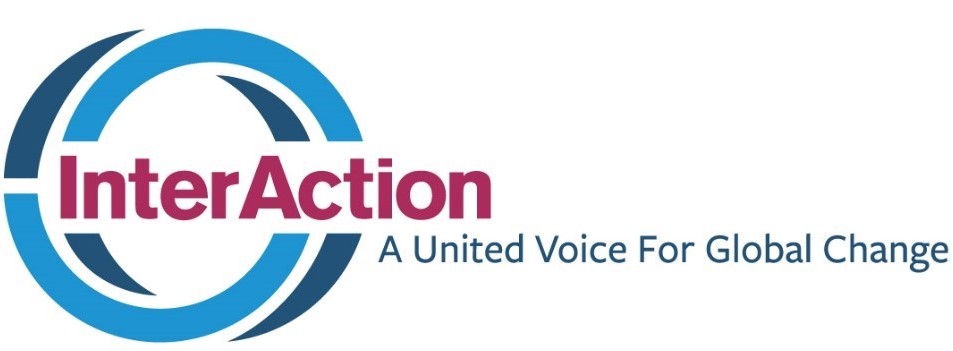Conflict-induced food insecurity has been increasingly highlighted at a global level and prioritized by InterAction members as a key issue within crisis-affected contexts. To understand and demonstrate what efforts are needed to bring about protection outcomes, InterAction is prioritizing this issue by undertaking a multi-country action-based research study. The aim is to help organizations analyze the protection risks in each country context and develop context-specific theories of change, to encourage the uptake of outcome-oriented ways of working to address protection issues manifesting due to conflict-induced food insecurity. Findings from the study will help humanitarians take immediate action at a country-level, while the analysis of common trends across all countries included in the research will help to influence and shape US policy and global policy and practice.
The urgency of the issue requires that any research undertaken goes beyond theoretical discussions and global analysis. It needs to be framed in a manner that can lead to immediate action by humanitarians that are operational in the country contexts studies.
The action-based research on conflict-induced hunger and protection risks will develop context-specific analysis on how food insecurity drives protection risks and in turn, how protection risks cause food insecurity, to equip humanitarian organizations with insights on root causes to inform collective strategies that reduce risk. The research relies on partnerships with humanitarian organizations in research locations to ensure the process is contextually grounded and builds upon what has already been developed, while insights are framed for use by organizations working in the context, sensitivities are carefully navigated, and data collection is focused on communities where conflict-induced food insecurity and protection risks have been acutely observed.
The research is expected to:
- Develop a detailed context-specific risk analysis framed for use by humanitarian organizations
- Provide an opportunity for humanitarian organizations to collectively develop protection strategies to reduce specific risks
- Stimulate discussion on the lessons for humanitarian policy and practice
Key Aspects of the issue:
- Gender Dimensions: Investigating how conflict-induced hunger affects marginalized groups differently, using an intersectional gender lens
- Responsibility for Protection risks: Exploring where direct and indirect responsibility lies for protection risks and the beliefs, needs attitudes, and positions of key actors
- Inclusion of local actors and knowledge: Shedding light on local responses to these risks and how they can be supported
- Leveraging context-specific frameworks: Understanding context-specific traditional and religious norms and frameworks that complement international Humanitarian Law
- Intersecting climate and conflict dynamics: Considering how specific risks materialize in the face of simultaneous conflict and climate crises
The current timeline for the project is from June 2022 – March 2023.
Research locations, subject to confirmation, will include Afghanistan, the Sahel, Northeast Nigeria, the DRC, and South Sudan. Other contexts are also being considered.
To learn more about action-based research, see the supporting document below.
If you would like to participate in the research or have any questions, please reach out to Jessica Lenz, Senior Advisor, Protection, InterAction (jlenz@interaction.org)
Sign-up
"*" indicates required fields
